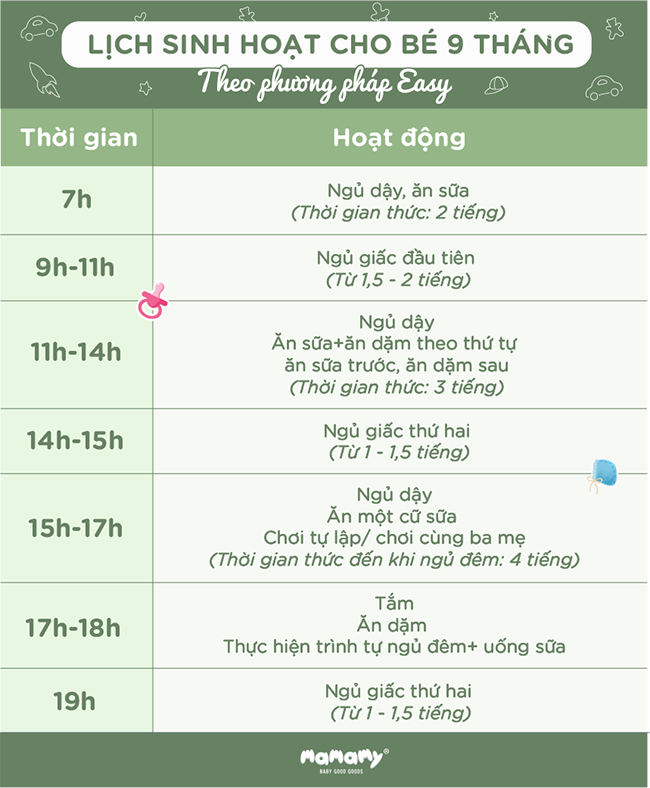[foxdark]
[Bé 2 Tháng Tuổi Ngủ 3 Giờ Liền Mạch]

Executive Summary

This article addresses the common concern of parents with 2-month-old babies who are only sleeping for 3 hours at a time. It explores the typical sleep patterns of infants at this age, explains why short sleep cycles are normal, and provides practical tips for improving sleep duration. We’ll delve into the importance of establishing a consistent sleep routine and discuss common sleep disruptions such as nighttime feeding and developmental leaps. The article also offers insights into strategies for creating a conducive sleep environment and addressing potential sleep problems that may arise.

Introduction
Having a 2-month-old baby who only sleeps for 3 hours at a time can be incredibly draining for parents. It’s natural to wonder if this is normal or if there’s something you can do to help your little one sleep longer. While short sleep cycles are typical for babies at this age, there are ways to encourage longer stretches of sleep. This article aims to provide parents with valuable information and practical tips to navigate this challenging phase.
FAQs
1. Is it normal for a 2-month-old baby to only sleep for 3 hours at a time?
Yes, it is perfectly normal for a 2-month-old baby to sleep in short cycles of 3 hours or less. Babies at this age are still developing their sleep patterns and have a natural tendency to wake up frequently.
2. What can I do to help my baby sleep longer?
There are several strategies you can try to encourage longer sleep in your 2-month-old baby, such as establishing a consistent sleep routine, creating a calming sleep environment, and addressing any potential sleep disruptions.
3. Should I be concerned if my baby only sleeps for 3 hours at night?
While it’s normal for babies to wake up frequently at this age, if you have concerns about your baby’s sleep patterns, it’s always best to consult with your pediatrician. They can assess your baby’s individual needs and provide personalized advice.
Sleep Patterns of 2-Month-Old Babies
2-month-old babies typically sleep around 14-17 hours per day but usually in short bursts. This is because their sleep cycles are shorter than those of older babies and adults. They often wake up every 2-3 hours for feedings or comfort. As your baby grows, these sleep cycles will naturally lengthen, and they’ll start sleeping through the night more frequently.
- Sleep Cycles: Babies at this age typically have shorter sleep cycles compared to older babies.
- Waking Frequency: Frequent waking is normal at 2 months old, with babies often waking every 2-3 hours.
- Total Sleep Time: 2-month-olds usually sleep around 14-17 hours per day.
- Developmental Factors: Rapid development and growth can affect sleep patterns, causing more frequent awakenings.
Creating a Consistent Sleep Routine
Establishing a consistent sleep routine is one of the most effective ways to improve your baby’s sleep. This routine should include predictable bedtime and napping times. By creating a regular schedule, you help signal your baby’s body that it’s time to wind down and prepare for sleep.
- Bedtime Rituals: Develop a relaxing bedtime routine that includes bath time, massage, and quiet reading.
- Consistent Schedule: Aim for consistent bedtime and nap times, even on weekends.
- Feeding Schedule: Regular feeding times can help regulate your baby’s sleep patterns.
- Wake Windows: Pay attention to your baby’s wake windows and encourage awake time before naps.
Addressing Sleep Disruptions
Nighttime feedings are a common reason for frequent awakenings in 2-month-old babies. While it’s important to respond to your baby’s needs, you can gradually encourage them to sleep for longer stretches by minimizing distractions during feedings and avoiding unnecessary stimulation.
- Minimizing Stimulation: Keep the environment quiet and dim during nighttime feedings.
- Feeding Frequency: Gradually increase the time between feedings as your baby grows.
- Burp Carefully: Thorough burping can help prevent discomfort and reduce waking.
- Soothing Techniques: Offer soothing techniques like swaddling, white noise, or rocking to help your baby settle back to sleep.
Creating a Conducive Sleep Environment
A comfortable and calming sleep environment can greatly improve your baby’s sleep quality. Ensure the room is dark, quiet, and cool.
- Darkness: Use blackout curtains to minimize light exposure, creating a dark and calming environment.
- Quiet: Minimize noise distractions with white noise machines or fans.
- Temperature: Keep the room cool and comfortable, around 68-72 degrees Fahrenheit.
- Safe Sleep: Place your baby on their back to sleep in a crib that meets safety standards.
Addressing Potential Sleep Problems
While short sleep cycles are typical for 2-month-old babies, sometimes there may be underlying sleep problems that require attention.
- Consult a Pediatrician: If you are concerned about your baby’s sleep patterns, consult with your pediatrician to rule out any medical or developmental issues.
- Reflux: Reflux can cause frequent awakenings, so consult your pediatrician if you suspect reflux.
- Colic: Colic can make it difficult for babies to settle and can interfere with sleep.
- Sleep Associations: If your baby has developed strong sleep associations, such as needing to be rocked or held to sleep, gradually wean them off these associations.
Conclusion
While short sleep cycles are typical for 2-month-old babies, there are strategies you can employ to help your baby sleep longer. Establishing a consistent sleep routine, addressing sleep disruptions, and creating a conducive sleep environment can contribute to better sleep for both you and your baby. Remember, patience and consistency are key, and with time, your baby will develop a more predictable sleep pattern.
Keywords
2-month-old baby, sleep, sleep patterns, sleep routine, short sleep cycles, baby sleep, infant sleep, sleep disruptions, sleep problems, sleep environment.